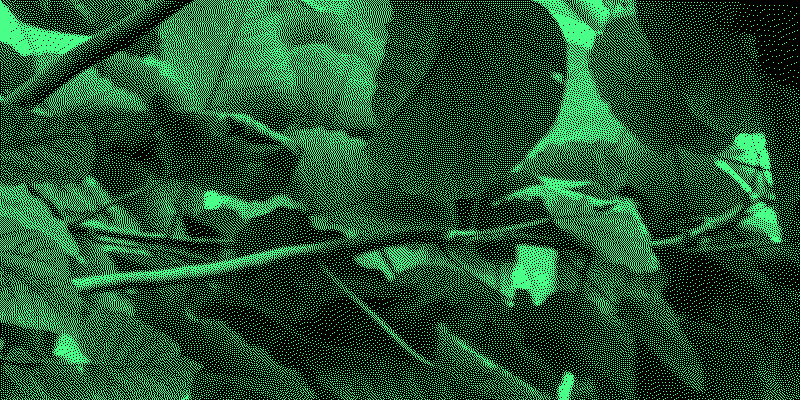Public Note-Taking as a Form of Resistance

For the past few months, I’ve been deeply concerned about how reliant our digital lives are on big tech companies like Meta, Alphabet, and a few others. The last election in the US was the final turning point for me. Some of the richest people in the world, who own these companies, were standing in the first row with the president of the US at his inauguration to retain their influence in politics. What followed were Nazi salutes, promoting hate speech, and tearing down any fact-checking in social media. Big tech was ready to serve as a propaganda instrument for a new form of tech-fascism.
This Digital Garden is one of a few attempts to regain autonomy over my digital life. But what is a Digital Garden?
Digital Gardens come in many different forms. Most of them are collections of unfinished text fragments, notes, and ideas under constant development. The notes can be refined later, merged into essays or other larger works. People often use vocabulary similar to real gardens: your notes are like seeds that, when nurtured, can grow into essays/sprouts and later become bigger projects/plants. You can also think of a Digital Garden as a chaotic blog, which invites visitors to meander around, think, and reflect with the author. Something like a digital refuge.
Digital Gardens are primarily for the author themselves. This distinguishes a Digital Garden from a blog, which is written for a public audience. Nevertheless, most Digital Gardens are public and accessible on the web. This offers an opportunity to share knowledge and notes in a low-threshold way. It also creates public knowledge bases, making this knowledge independent of big tech companies. Just imagine Wikipedia is not online anymore, there is no redit or Stack Overflow! I like to think in the slogan of the Permacomputing movement:
Hope for the best, prepare for the worst.
My take on a Digital Garden is like a public Zettelkasten and personal Wiki. I don’t want to Google this one Git command again and again. I want to take notes that last. Since I do this publicly, my note-taking has become more precise — I really want to understand my notes even the next month, when I have to remember how I solved this recursive additive synthesis in Csound, and I also want others to understand how I solved this problem. I will also use my Digital Garden to create a habit of writing little essays like this one. I want to share ideas, get in touch with other minds, and be part of an independent digital movement.
This Digital Garden is designed in a very convenient way for publishing my notes. I use Emacs to take notes in the form of Org-Roam notes. These are automatically exported when I save them to a markdown format, which is understood by Quartz, the framework I use to run this Garden. From time to time, I upload my new notes to my server, and that’s it.
What do you think about Digital Gardening? I would appreciate it if you would get in contact: Mail Me